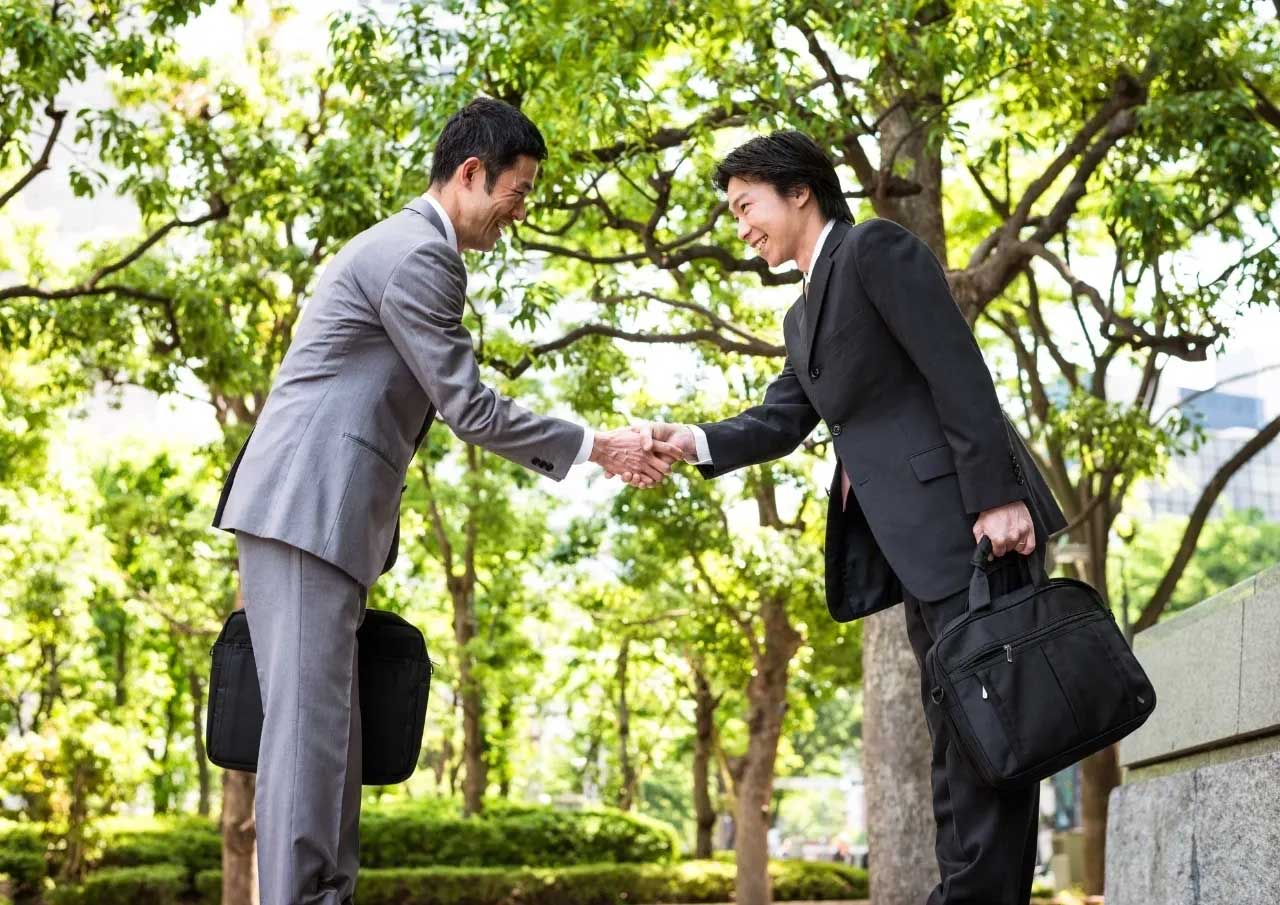Visiting Japan is an exciting opportunity to learn about Japanese culture–but in a country known for politeness, it can be overwhelming to try to navigate the social norms. There’s no need to be intimidated by Japanese etiquette, however, as most etiquette rules are easily observable by watching how Japanese people navigate their day to day.
Politeness is ingrained in Japanese society, rooted in the deep respect Japanese people have for each other and for their home. Here are some simple rules to make sure you are polite while you are visiting Japan, and what to expect while you’re there.
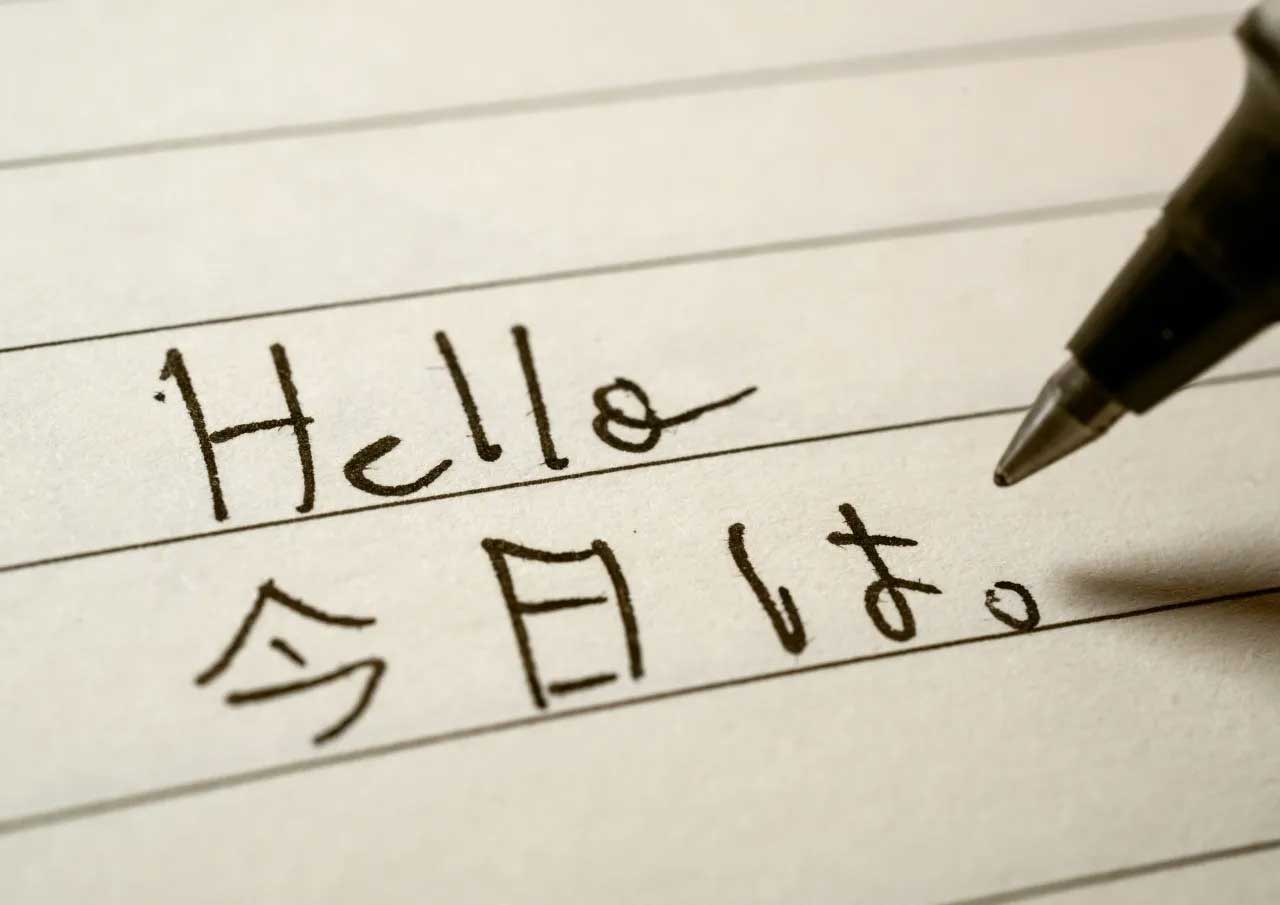
Learn a few phrases in Japanese
Our best travel advice, and a rule you can live by when you visit any foreign country is to just try your best! If you make an effort by learning a few phrases, it will signal to locals that you are aware that you are a visitor and are willing to learn from them. Some key phrases like “hello” “thank you” “please” and “excuse me” will help you get off on the right foot, and will make most interactions go that much smoother!
Address people with politeness
In Japanese culture, there are levels of politeness that depend on the social status, age, gender, and relationship between the speaker and the listener. For example, when speaking to someone who is older or has a higher status, it is customary to use honorific language or honorific titles, such as “san” or “sensei.” Similarly, when addressing a group of people, it is common to use collective terms like “minna-san” instead of individual names.
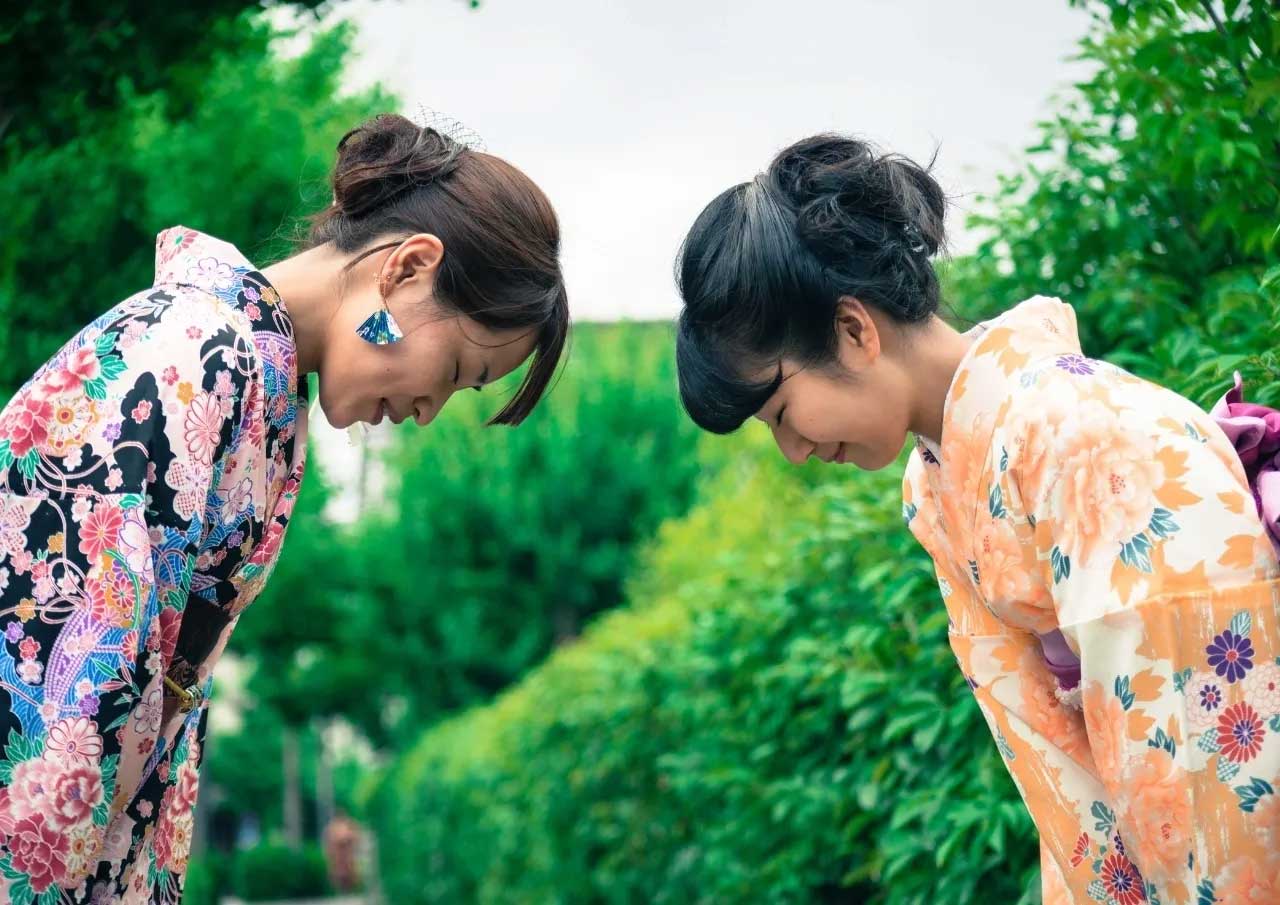
Polite Body Language
Nonverbal communication is the easiest way to show politeness. For example, bowing is a common gesture used to show respect, gratitude, or apology. The depth and duration of the bow depend on the situation and the relationship between the two people. It’s generally a good idea to bow when meeting someone for the first time or as a sign of appreciation or apology.
One of the easiest ways to be polite in Japan is to respect people’s personal space. Japanese people value personal space, so avoid standing too close or touching someone without permission.
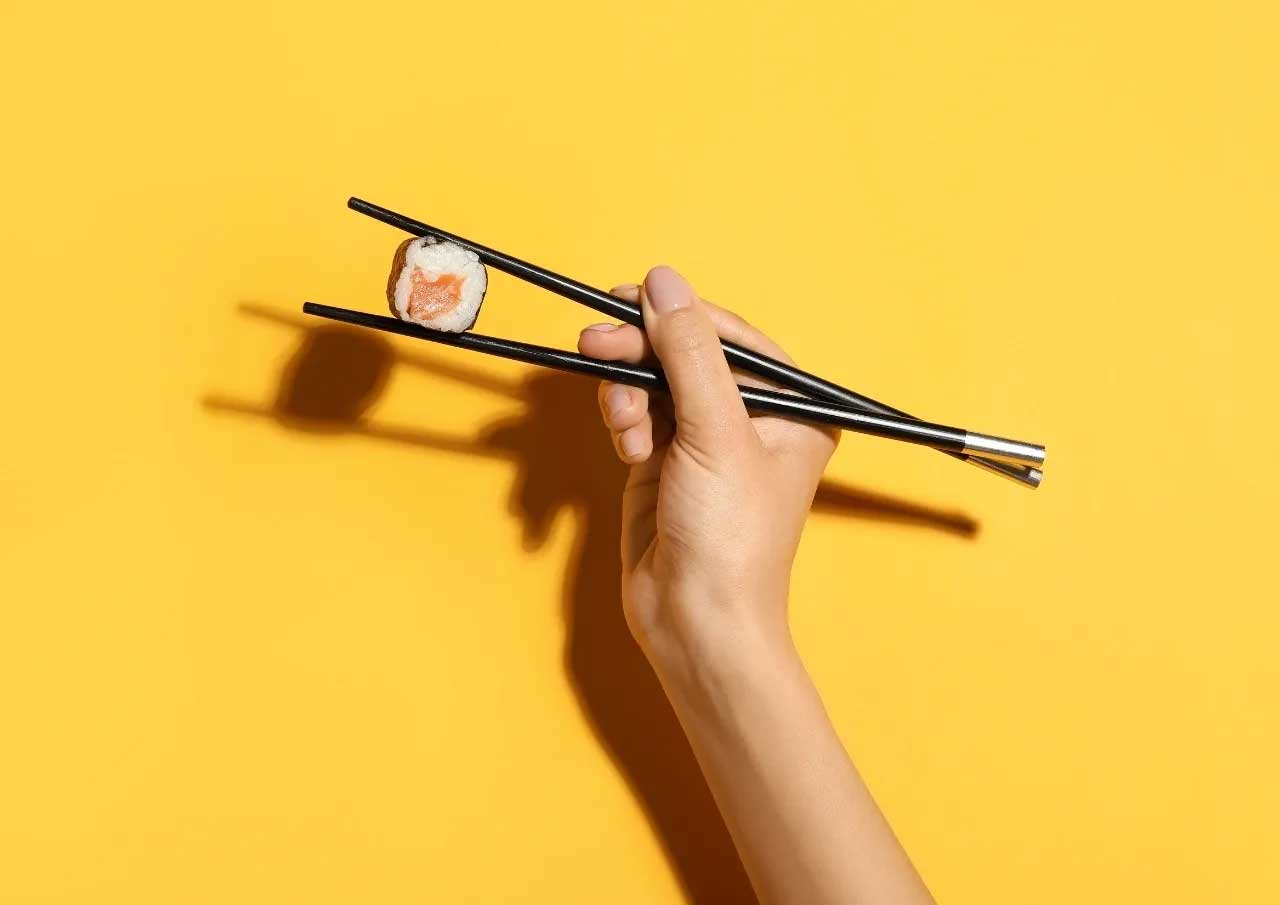
Using Chopsticks at the Table
When you eat in Japan, you will likely be given chopsticks, and if you’re not already familiar with them, you will be! The most important thing to know about chopsticks is to either rest them flat across your bowl or on the chopstick rest when you are not using them.
Do not stick your chopsticks straight up in your bowl, and never pass food from chopstick to chopstick. These actions are similar to funeral rituals and are considered disrespectful.
Tips for dining: To come off as polite in a formal dining setting, be sure to say “itadakimasu” before starting the meal and “gochisousama deshita” after finishing to show appreciation for the food and the people who prepared it.
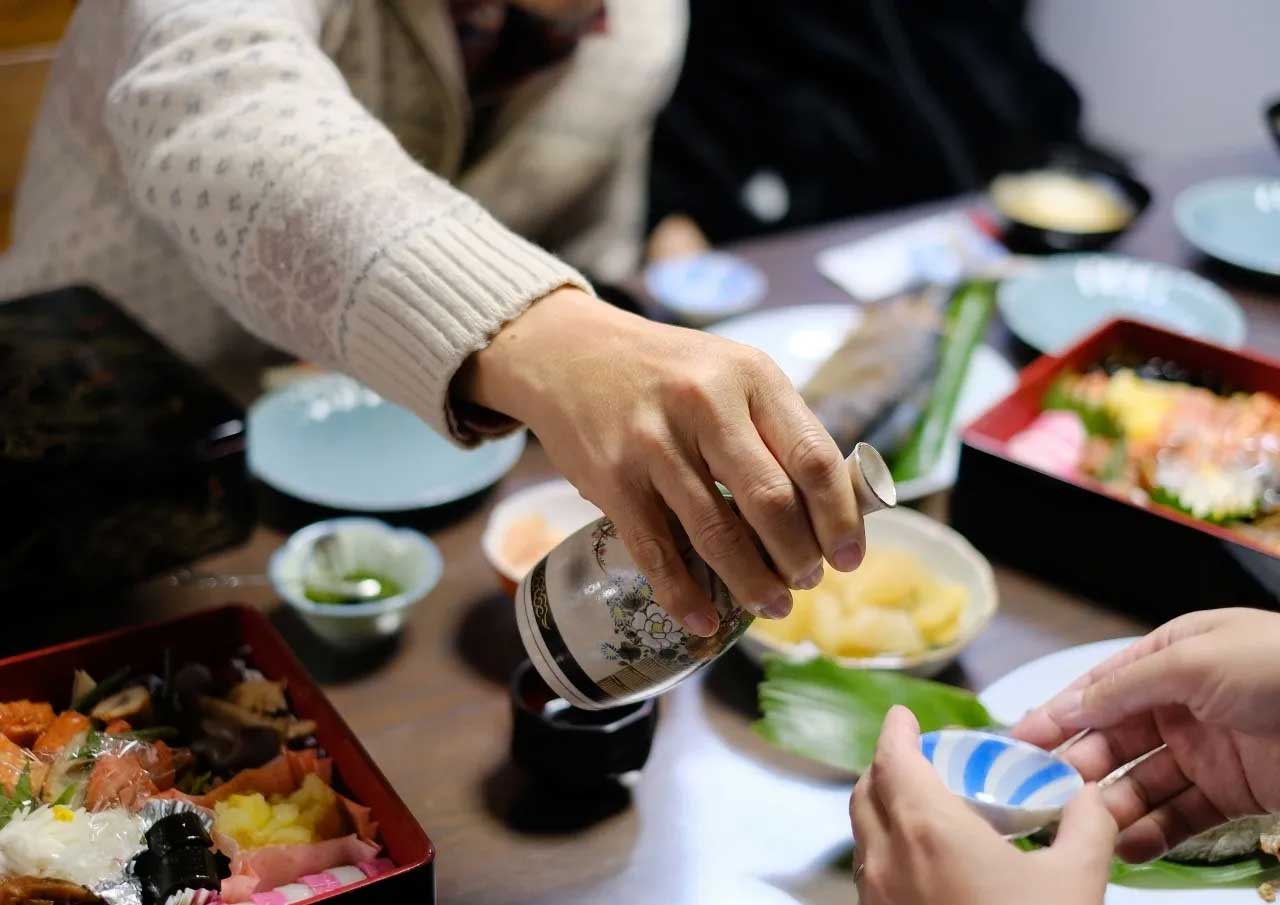
Don’t Fill Your Own Glass
Another useful phrase to know is “kampai” or “cheers!” When drinking alcohol in Japan, never fill your own glass. Your host or dining partners will fill it for you, and filling your own glass implies that your host is ungracious.
Formal etiquette suggests that you life your glass a little from the table while it’s being filled, but no need to do this if you are just out with friends.
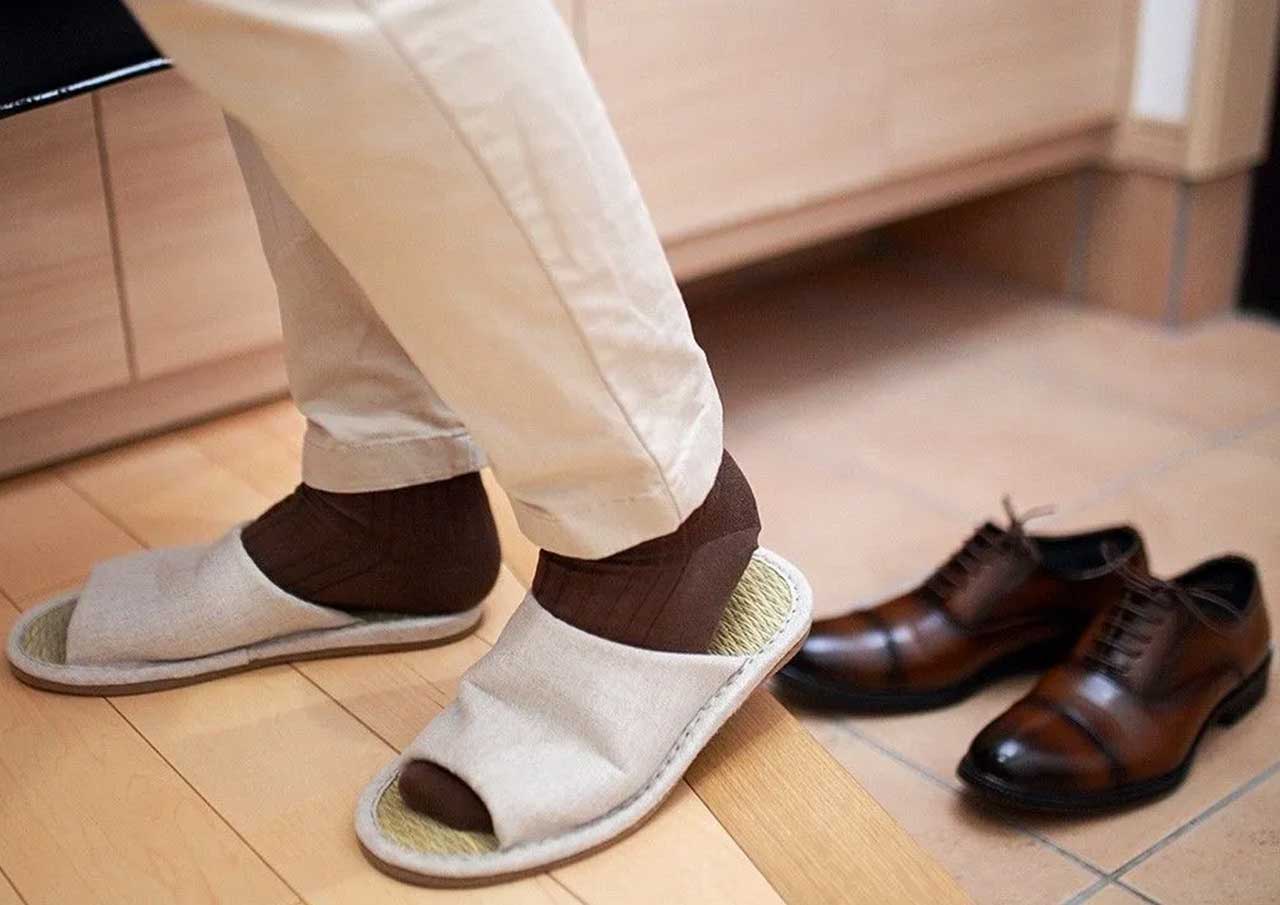
Removing Your Shoes
It’s customary to remove your shoes before entering someone’s home or a temple. Look for a rack or designated area to store your shoes before entering.
Rule of thumb: Social cues will help you with many etiquette rules, like this one. If there are slippers available for you (such as at a temple or a hotel) that indicates you are supposed to take your shoes off.
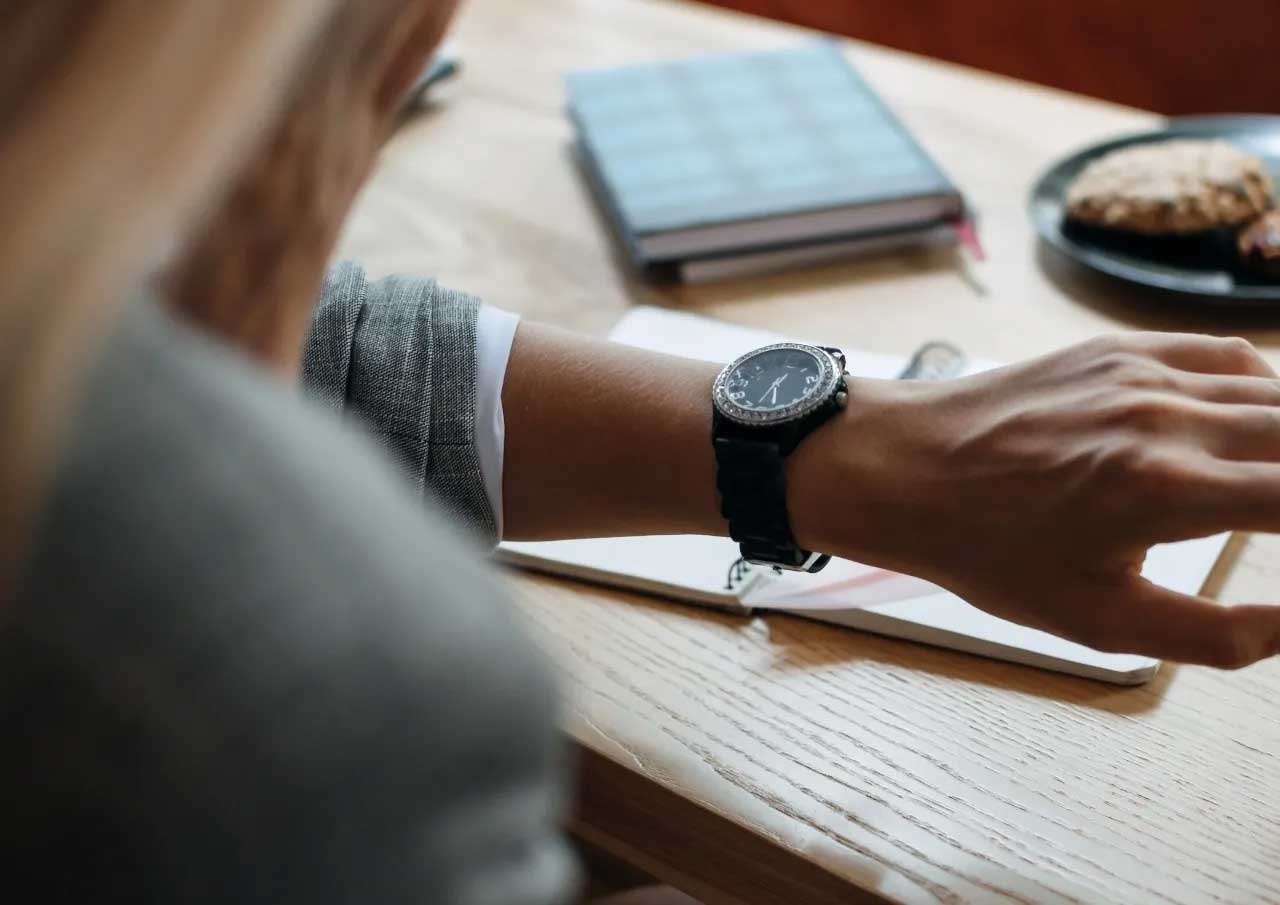
Be Punctual
Being on time is important in Japanese culture, so make sure to arrive at your scheduled appointments or meetings on time or even a little early. The good news is that the value placed on punctuality extends to public transport, so you can expect your buses and trains to be on time and well maintained! The bad news is that you won’t be able to blame the bus for being late.
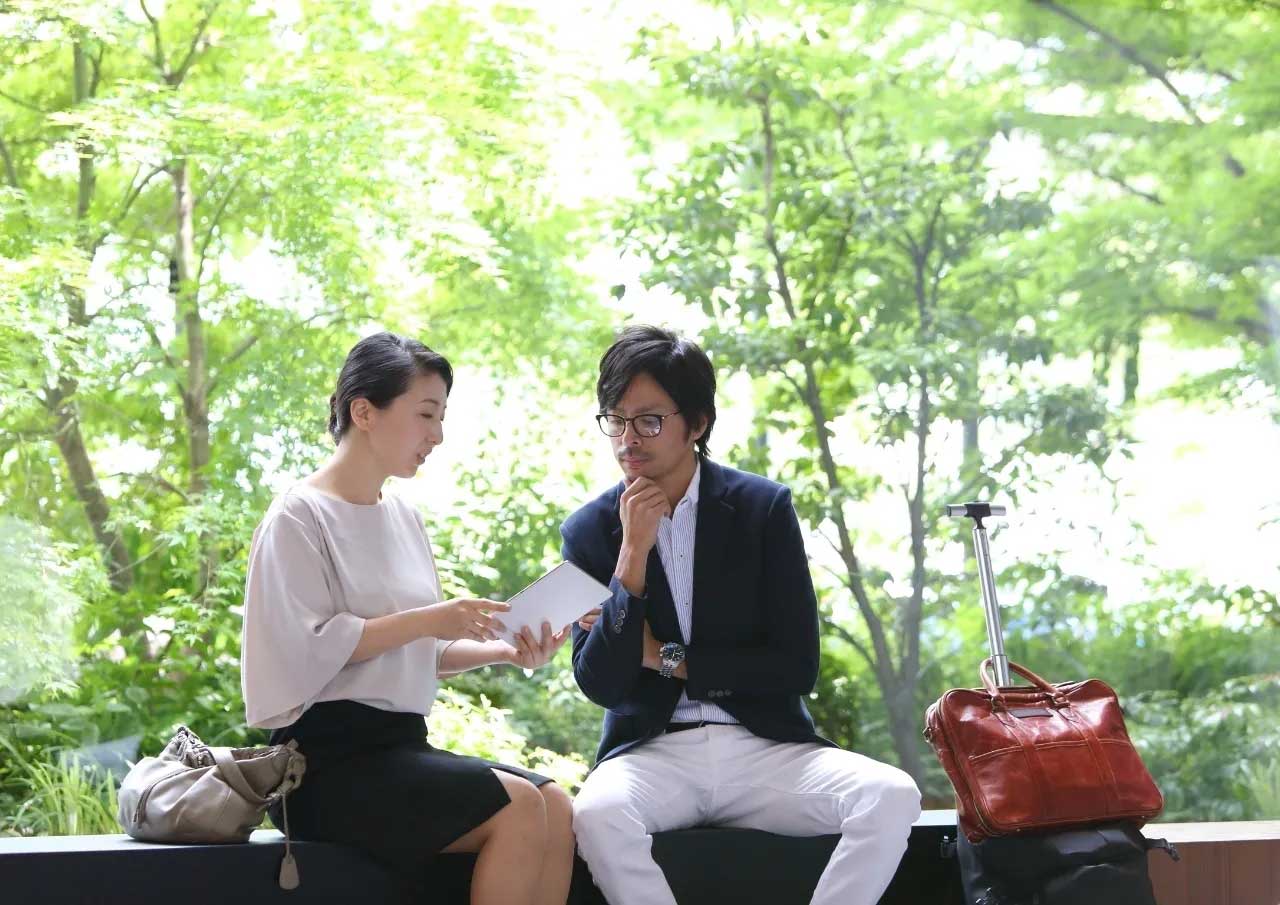
Let Them Down Easy
Japanese culture values indirect communication, especially when it comes to expressing negative emotions or criticism. Instead of directly saying “no,” for example, someone might tell you something like “chotto muzukashii desu ne” (“it’s a bit difficult, isn’t it?”) to soften the refusal. Don’t be surprised if you ask for something and hear something that might be a no, but isn’t, the answer is likely still no, but whoever you’re asking is trying to let you down easy.

Follow the Rules
Japan has strict rules and regulations, especially when it comes to public behavior. Be sure to follow local customs and obey signs and instructions, such as not talking on the phone on public transportation or not smoking in public areas.
Rule of thumb: If everyone else is doing something, you should be too! Take your cues from the natives, and walk on the side of the road they do, bow as low as they do and take your shoes off when they do. Now go have a great trip to Japan!
—
Curious to book your next adventure to Japan? Your travel advisor is here to help! Contact us today to begin planning!


